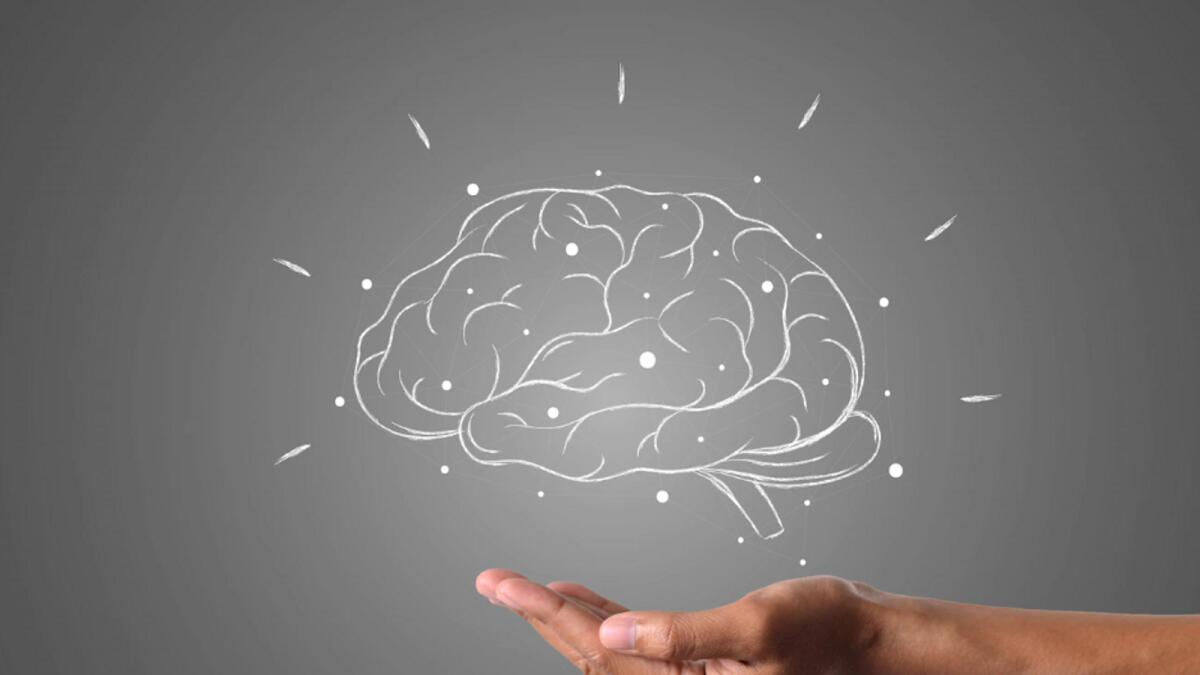Exploring Strategies for Optimal Cognitive Health
Cognitive health is integral to overall well-being, influencing our ability to think, learn, and remember. Adopting strategies to promote optimal cognitive health is crucial for a fulfilling and vibrant life. This article delves into various approaches and practices that contribute to maintaining and enhancing cognitive function.
Understanding Cognitive Health: A Holistic Perspective
Cognitive health encompasses various mental processes, including memory, attention, problem-solving, and language. It goes beyond the absence of cognitive decline to embrace a holistic perspective that nurtures cognitive resilience and sharpness throughout life. Understanding the multifaceted nature of cognitive health sets the foundation for effective strategies.
Brain-Boosting Nutrition: Feeding Your Cognitive Powerhouse
Nutrition plays a pivotal role in cognitive health. Consuming a balanced diet rich in antioxidants, omega-3 fatty acids, vitamins, and minerals provides essential nutrients for brain function. Foods like fatty fish, berries, leafy greens, and nuts have been associated with cognitive benefits, supporting overall brain health.
Physical Exercise: The Key to Cognitive Vitality
Regular physical exercise is not only beneficial for the body but also a cornerstone of cognitive health. Exercise increases blood flow to the brain, stimulates the release of neurotransmitters, and promotes the growth of new neurons. Both aerobic and resistance training have shown positive effects on cognitive function.
Mental Stimulation: Keeping the Mind Agile
Engaging in mentally stimulating activities is a potent strategy for maintaining cognitive health. Activities such as reading, puzzles, learning a new skill, or playing strategy games challenge the brain and promote the formation of new neural connections. Continual mental stimulation contributes to cognitive resilience.
Quality Sleep: The Restorative Power for Cognitive Well-Being
Sleep is vital for cognitive function, memory consolidation, and overall mental well-being. Aim for 7-9 hours of quality sleep per night to support optimal brain function. Establishing a consistent sleep routine and creating a conducive sleep environment are essential for promoting cognitive health.
Stress Management: Minimizing the Impact on Cognitive Function
Chronic stress can negatively impact cognitive health. Implementing stress management techniques such as mindfulness, meditation, deep breathing, or yoga helps regulate stress hormones and promotes a calmer mind. Prioritizing mental and emotional well-being contributes to cognitive resilience.
Social Connection: The Cognitive Benefits of Relationships
Maintaining strong social connections is linked to better cognitive health. Socializing provides mental stimulation, emotional support, and opportunities for engaging conversations. Cultivating meaningful relationships and participating in social activities contribute to overall cognitive well-being.
Cognitive Health Tips: Incorporating Best Practices
For additional insights into maintaining optimal cognitive health, explore these Cognitive Health Tips. This valuable resource offers practical advice, lifestyle recommendations, and expert tips for incorporating best practices into your daily routine.
Cognitive Training: Exercising the Mind
Cognitive training involves specific exercises designed to enhance cognitive abilities. Brain games, memory exercises, and attention-focused activities can be beneficial. While research on the efficacy of cognitive training is ongoing, incorporating these activities as part of a well-rounded approach to cognitive health may offer potential benefits.
Routine Health Check-ups: Monitoring Cognitive Well-Being
Regular health check-ups are essential for monitoring overall well-being, including cognitive health. Conditions such as hypertension, diabetes, and cholesterol levels can impact cognitive function. Routine assessments allow for early detection and intervention if needed, contributing to long-term cognitive health.
In conclusion, adopting strategies for optimal cognitive health is a proactive approach to preserving and enhancing mental acuity throughout life. From nourishing the brain with proper nutrition to staying mentally active, prioritizing quality sleep, and fostering social connections, these strategies contribute to a holistic and resilient cognitive well-being. Integrating these practices into your lifestyle can pave the way for a vibrant and mentally sharp future.


